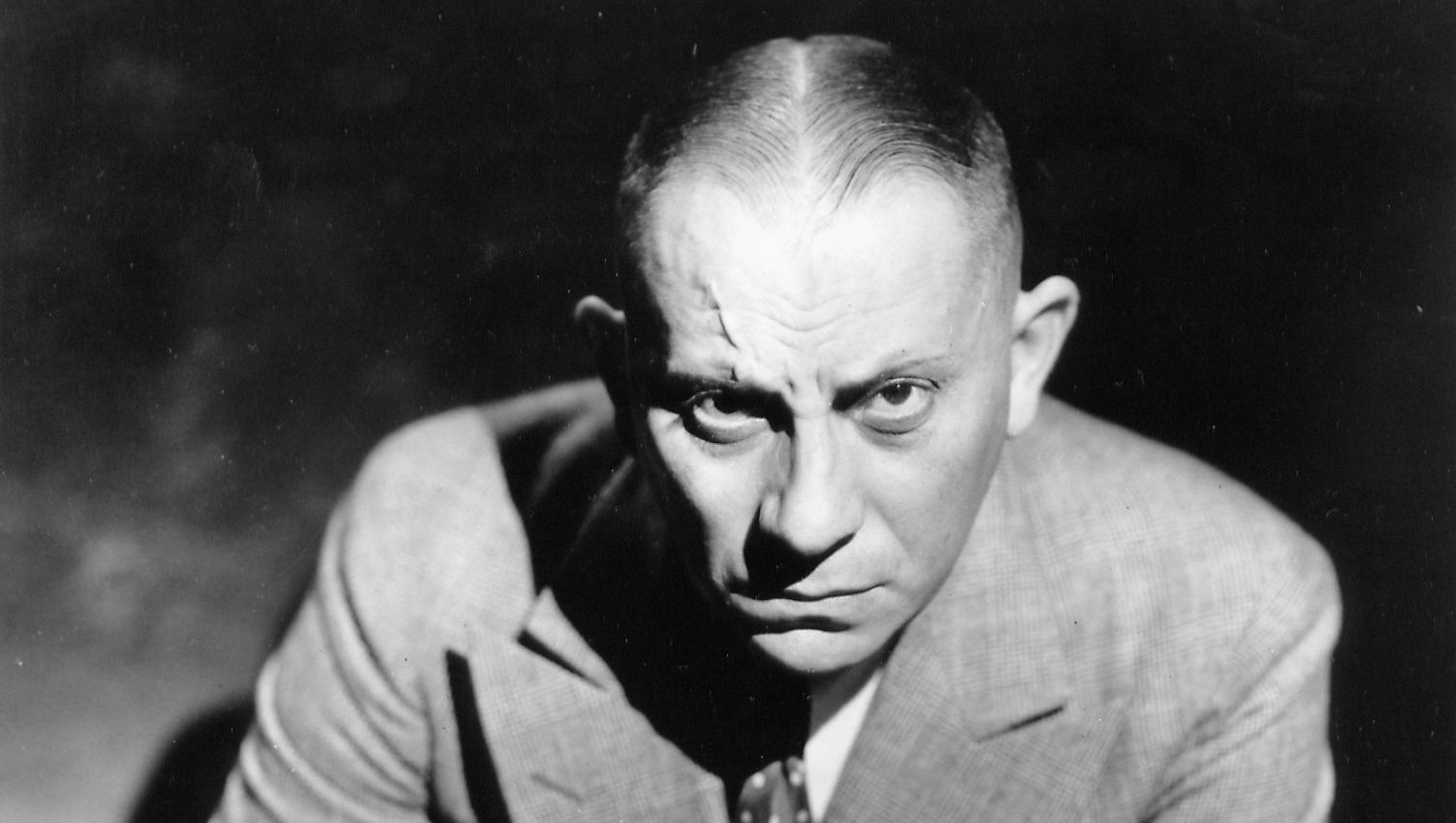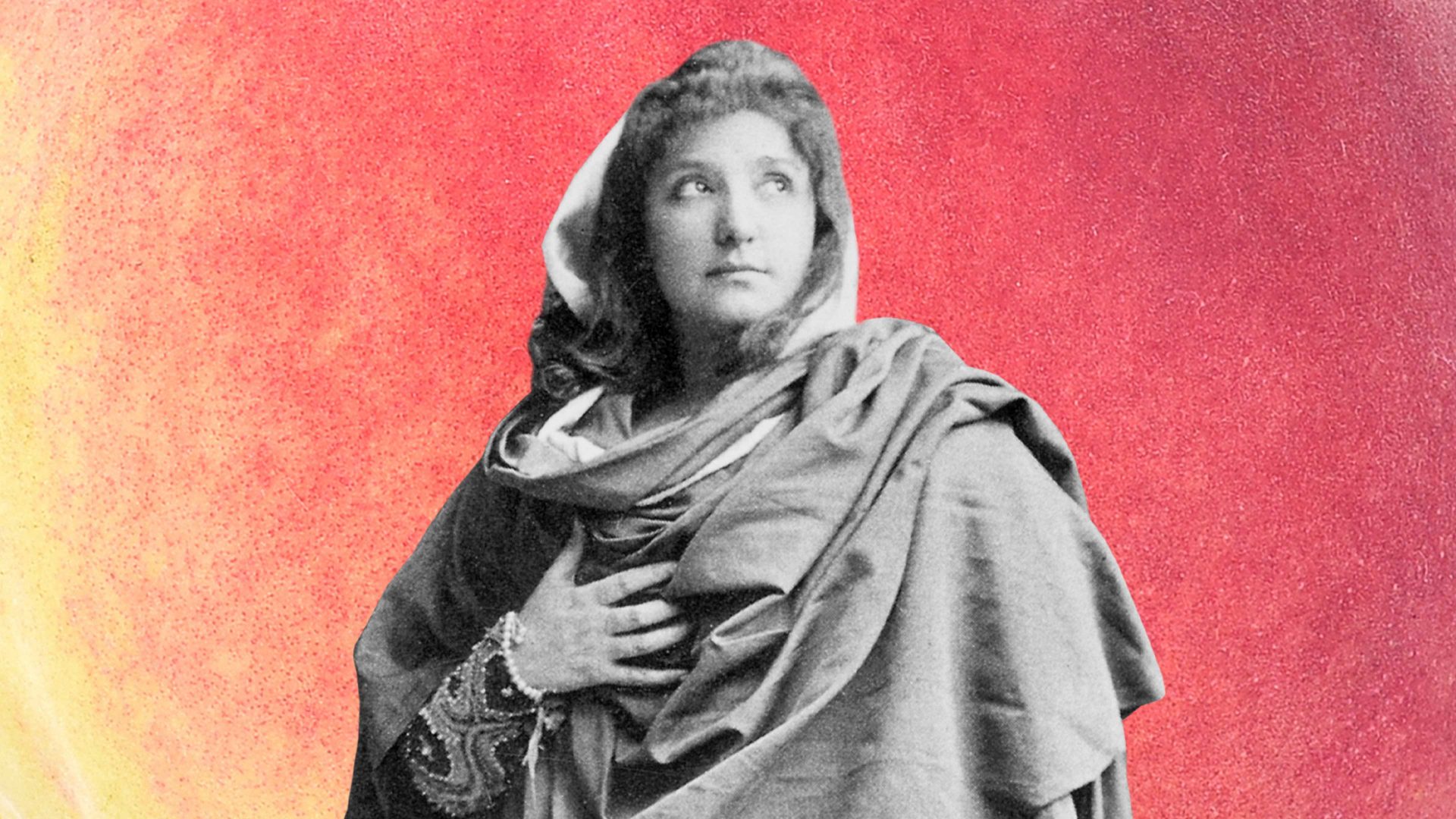The rumble of the engines and the swaying of the vessel was still in his bones when a short, stocky 24-year-old Austrian presented himself before an immigration officer at Ellis Island, New York.
It was November 25, 1909, and the processing centre had never been busier: that year would be the first in which a million hopefuls would pass through its cavernous hall in search of a new life, leaving only enough time for a cursory interview at best.
Asked his name, the man pushed back his shoulders and replied: “Erich Oswald Hans Carl Maria von Stroheim”, adding that he was the son of an Austrian count and a baroness from Germany and a distinguished graduate of the Wiener Neustadt Military Academy.
None of which was remotely true.
Erich von Stroheim had just crossed the Atlantic on the Prinz Friedrich Wilhelm from Bremen, an 11-day voyage to what already felt like a new life. On that cold, grey November day in Manhattan, he began a new story with a new identity.
It would carry him to Hollywood as one of early cinema’s most adventurous and meticulous directors and a noted actor, most enduringly as Max von Mayerling, film director-turned-butler to Gloria Swanson’s delusional former screen goddess Norma Desmond in the 1950 classic Sunset Boulevard.
So vivid was the backstory von Stroheim concocted for himself that it infused his films so convincingly that critics claimed to detect autobiography in the faded Habsburg grandeur of his settings, the aristocrats fallen on hard times, the ambitious young military officers rising in society and the doomed loves forbidden by class and status.
His story established him as an authority on Teutonic militaria consulted by directors on period films. Cast as a military officer in the 1915 Wallace Reid vehicle Old Heidelberg, for example, von Stroheim took charge of the extras playing the soldiers, insisting they had military haircuts, making sure their uniforms were made and worn correctly, even drilling them on set after a military-style roll call and inspection before filming began.
Yet von Stroheim was no more a nobleman or military officer than anyone on that Hollywood set. Erich Oswald Stroheim was the son of a Jewish hatmaker who ran a struggling shop in Vienna where the young Erich worked until its bankruptcy a year before he sailed for the US. He made several attempts to enlist in the military but was rejected every time as physically unsuitable.
The aristocratic and military background he had invented meant next to nothing in his new land anyway: his first wage came from wrapping Christmas presents at a department store, the first of a string of menial jobs that kept him firmly in penury.
By 1912 he was in San Francisco working as a travelling salesman for a clothing company which went out of business. Unemployed and disillusioned, he began taking long walks in the hills where he happened upon the West Point Inn, run by a charismatic Prussian who took on von Stroheim as a handyman and waiter.
There he met Margaret Knox – by accidentally tipping soup into her lap – eight years his senior and from a wealthy family. A brief and stormy marriage soon followed that was arguably the most significant relationship of his life.
Knox encouraged von Stroheim’s creativity and language skills and, with her family disapproving of her relationship with a lowly waiter, set in stone one of the key themes of his directorial career: forbidden love across class divides.
With Knox’s encouragement, von Stroheim gravitated towards Hollywood where he worked first as a bit-part actor, then as a production assistant on DW Griffith films. He learned much from how Griffith saw cinema not as mere disposable cultural ephemera but as high art, paying close attention to character development, the smallest of details and instilling a vivid sense of realism.
Global events saw von Stroheim cast repeatedly as a ruthless German in a string of propaganda films during the first world war, earning him the nickname “the man you love to hate” but lending him enough postwar cachet for Universal Studios head Carl Laemmle to trust him to direct.
Von Stroheim’s first film was 1919’s Blind Husbands in which an Austrian military officer attempts to seduce a young, unhappily married woman, a screenplay adapted by von Stroheim from a novel he had written himself, casting himself in the lead role.
He grew rapidly more ambitious and innovative, reaching his creative peak with Greed, a 1924 adaptation of Frank Norris’s novel McTeague, which chimed with its director’s core message that the pursuit of money, sex and power is the ultimate corruptor.
Von Stroheim insisted on adapting the book almost page by page, resulting in a film more than nine hours long. A horrified studio cut Greed to a more manageable two hours and 20 minutes, still good enough to make it one of the greatest films in cinema history, but a version von Stroheim could not bring himself to watch until more than two decades had passed.
“This was like an exhumation for me,” he said afterwards. “In a tiny coffin, I found a lot of dust, a terrible smell, a little backbone and a shoulder bone.”
Regarded today even in its truncated form as one of the greatest films ever made, Greed was a box office flop and by the early 1930s Hollywood had lost patience with von Stroheim’s grandiose visions, mistreatment of cast and crew – 23-hour filming days were not uncommon – and cavalier disregard for budgets and deadlines.
1932’s Queen Kelly, in which a convent girl is seduced by a prince and sent to an east African brothel, proved to be von Stroheim’s last major Hollywood project, one from which he was fired just before completion for, in the view of the film’s financial backers, the story’s flagrant immorality.
“He has one simple rule for direction,” was one critic’s summary of von Stroheim’s philosophy. “Take a close look at the world, keep on doing so, and in the end it will lay bare for you all its cruelty and ugliness.”
He returned to Europe as an actor, revisiting the US for Sunset Boulevard and a performance that earned an Academy Award nomination.
In a key scene, von Mayerling fires up the projector for Norma Desmond to watch a film from her heyday. The sumptuous sequences flickering silently on the screen are from Queen Kelly, starring Gloria Swanson herself.
He had arrived in the US a fictional reinvention of an ordinary man. He left it delivering a personalised elegy to the cinematic world he had helped to build.




